8 Bizarre Animal Surprises From 'True or Poo' — Can You Tell Fact From Myth?
Get the world’s most fascinating discoveries delivered straight to your inbox.
You are now subscribed
Your newsletter sign-up was successful
Want to add more newsletters?

Delivered Daily
Daily Newsletter
Sign up for the latest discoveries, groundbreaking research and fascinating breakthroughs that impact you and the wider world direct to your inbox.

Once a week
Life's Little Mysteries
Feed your curiosity with an exclusive mystery every week, solved with science and delivered direct to your inbox before it's seen anywhere else.

Once a week
How It Works
Sign up to our free science & technology newsletter for your weekly fix of fascinating articles, quick quizzes, amazing images, and more

Delivered daily
Space.com Newsletter
Breaking space news, the latest updates on rocket launches, skywatching events and more!

Once a month
Watch This Space
Sign up to our monthly entertainment newsletter to keep up with all our coverage of the latest sci-fi and space movies, tv shows, games and books.

Once a week
Night Sky This Week
Discover this week's must-see night sky events, moon phases, and stunning astrophotos. Sign up for our skywatching newsletter and explore the universe with us!
Join the club
Get full access to premium articles, exclusive features and a growing list of member rewards.
Do woodpeckers' tongues wrap around their skulls?
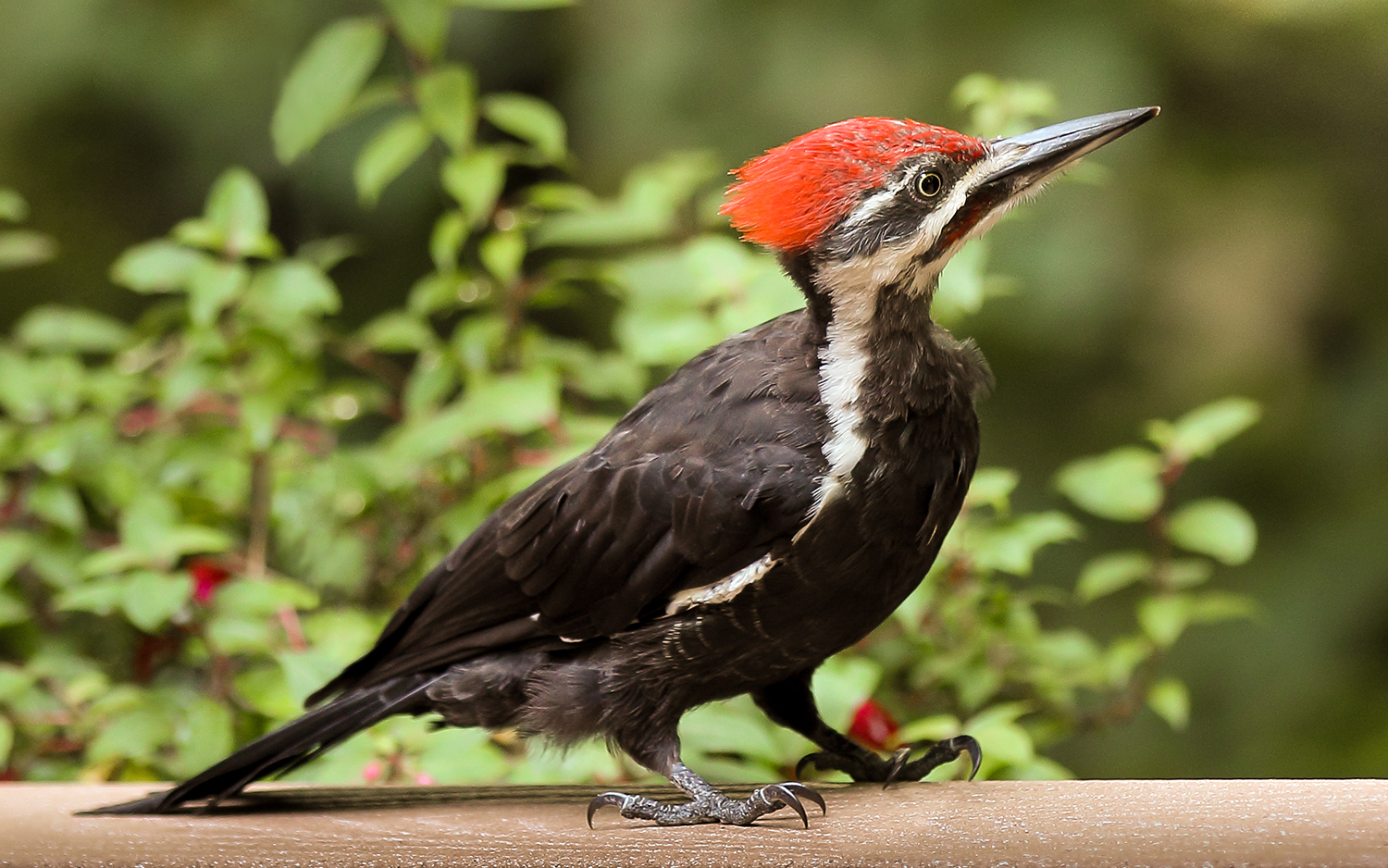
True or Poo?
Do woodpeckers' tongues wrap around their skulls?
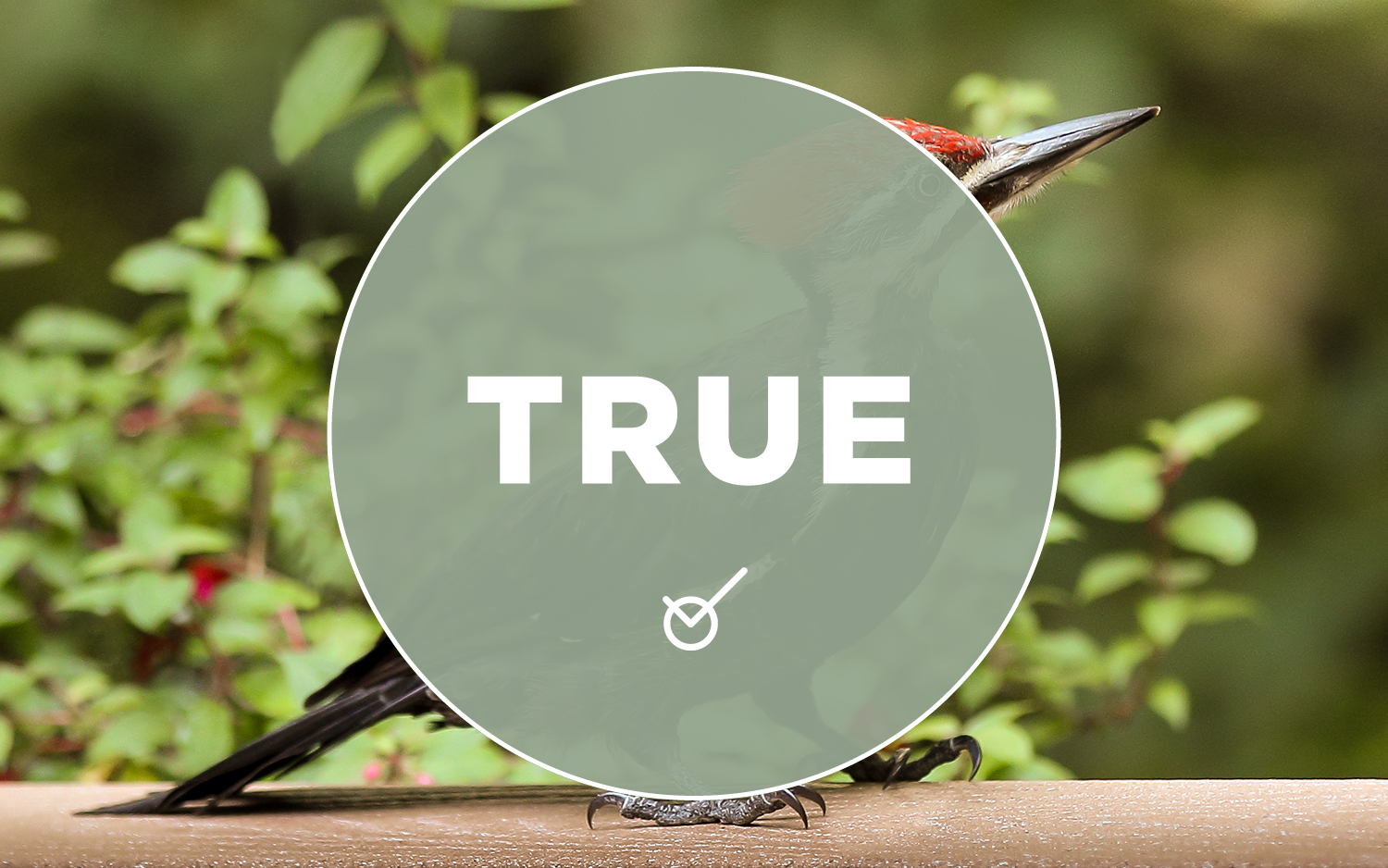
True or Poo? True.
Woodpeckers are known best for their habit of slamming their beaks into trees at a rate of about 20 times per second. But a lesser-known adaptation is equally extreme and remarkable — their tongues are so "freakishly long" that they wrap around the birds' skulls, Rabaiotti and Caruso wrote. These lengthy tongues have a bone running the entire length, and are used for scooping up tree-dwelling insects and cushioning the woodpecker's skull as it headbangs.
Do flatworms duel with their penises?
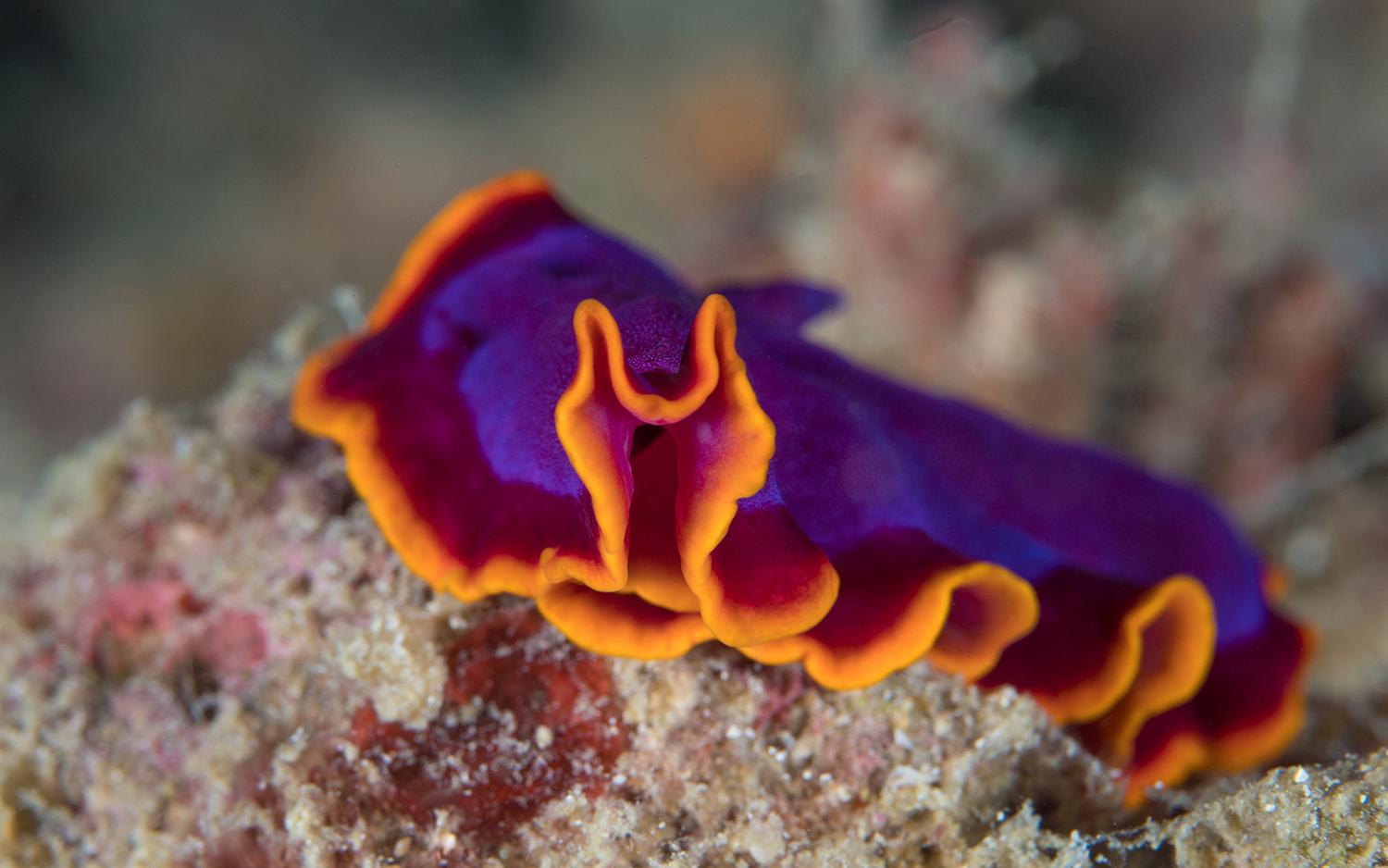
True or Poo?
Do flatworms duel with their penises?
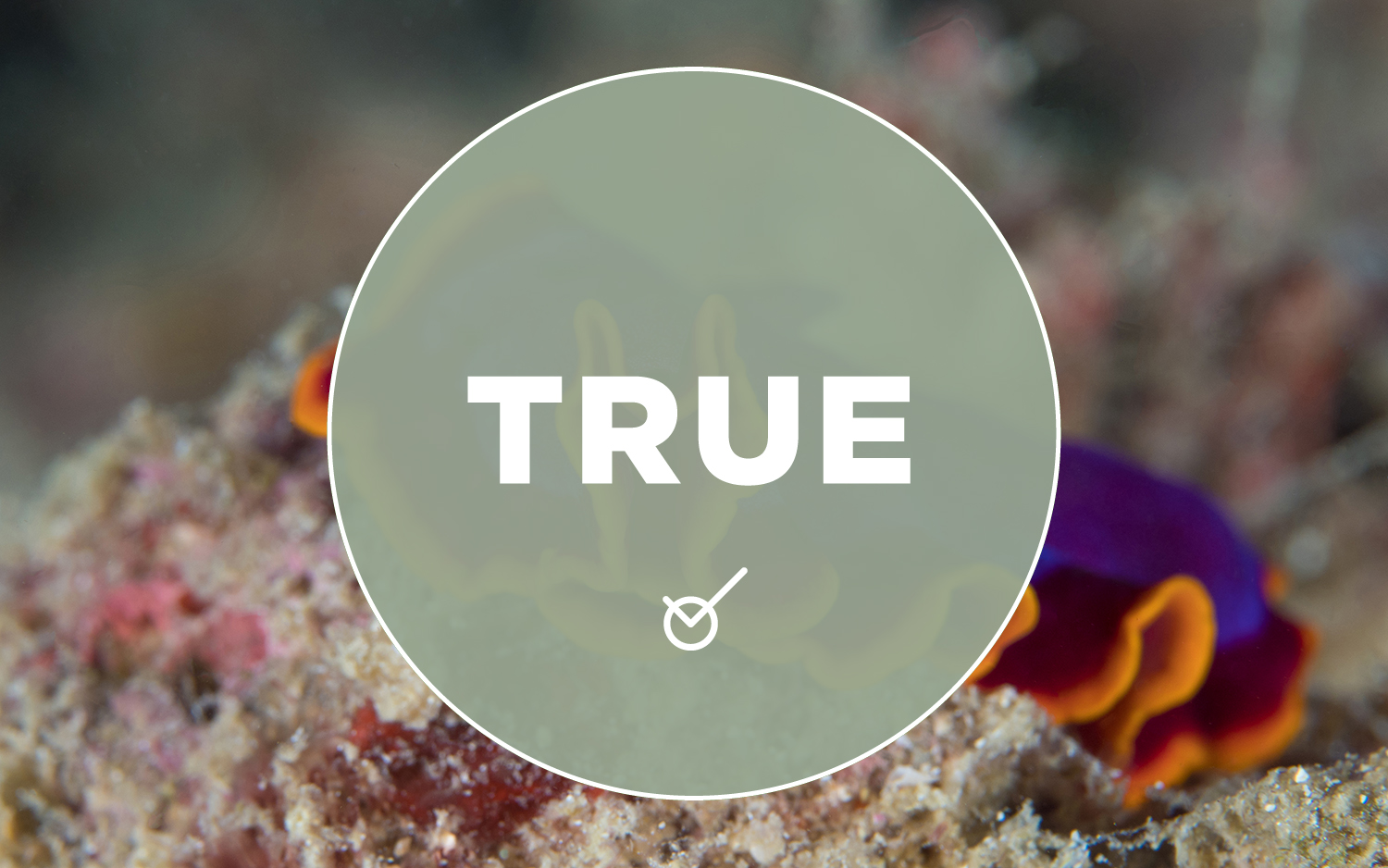
True or Poo? True.
Most animals that have penises use them in pretty much the same way — as a delivery system for sperm. Flatworms do too, though prefaced with a bout of genital combat. Flatworms are hermaphrodites, which means they have both male and female reproductive organs. During mating, two flatworms compete by fencing with their penises, until the victor overcomes the loser, stabs it with its genitals, and injects a payload of sperm.
Is the giant shark Megalodon still around?
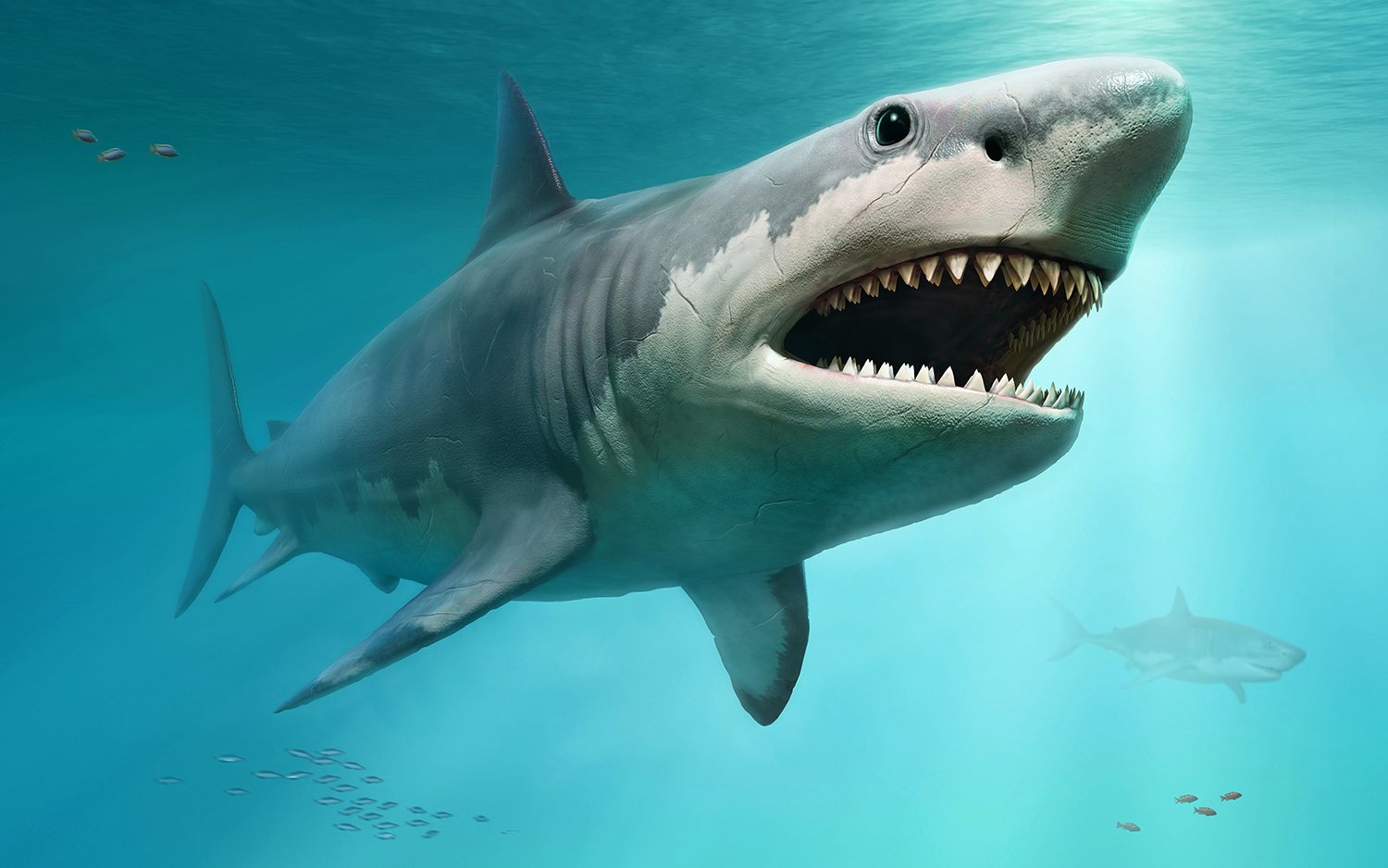
True or Poo?
Get the world’s most fascinating discoveries delivered straight to your inbox.
Is the giant shark Megalodon still around?
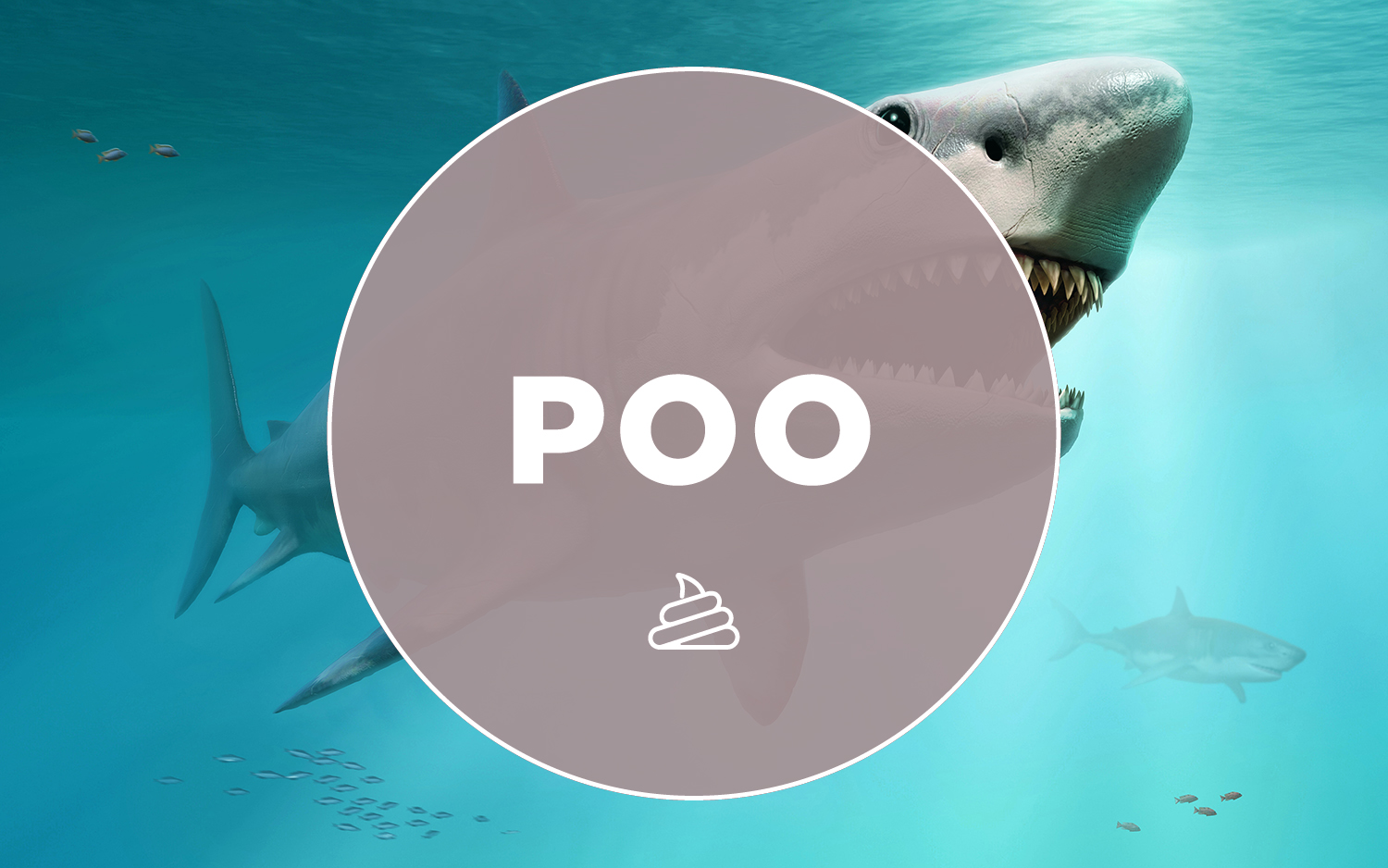
True or Poo? Poo.
Modern sharks can grow to impressive sizes, but the biggest of them all was the shark Megalodon, which measured up to 60 feet (18 meters) long and went extinct nearly 3 million years ago. Because Earth's deep oceans are vast and unexplored, many people (and a recent blockbuster movie) imagine that Megalodon is still cruising the seas; but the lack of sightings and any recent evidence suggest that this monster shark is long gone, Rabaiotti and Caruso wrote.
Can't get enough of these "filthy animal facts and falsehoods"? there are plenty more to be found in "True or Poo?",

Mindy Weisberger is a science journalist and author of "Rise of the Zombie Bugs: The Surprising Science of Parasitic Mind-Control" (Hopkins Press). She formerly edited for Scholastic and was a channel editor and senior writer for Live Science. She has reported on general science, covering climate change, paleontology, biology and space. Mindy studied film at Columbia University; prior to LS, she produced, wrote and directed media for the American Museum of Natural History in NYC. Her videos about dinosaurs, astrophysics, biodiversity and evolution appear in museums and science centers worldwide, earning awards such as the CINE Golden Eagle and the Communicator Award of Excellence. Her writing has also appeared in Scientific American, The Washington Post, How It Works Magazine and CNN.
 Live Science Plus
Live Science Plus










